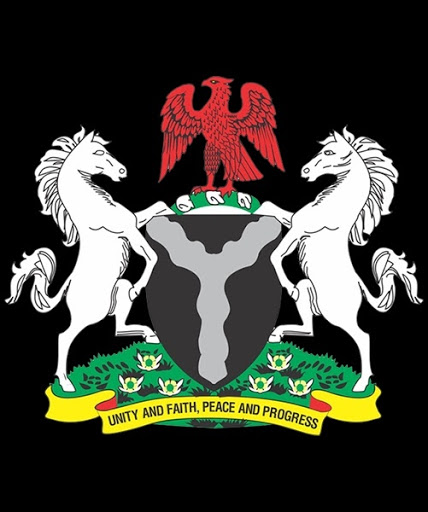In a dramatic turn of events, a Chinese company has seized three Nigerian presidential aircraft due to an unpaid debt owed by Ogun State, a region in southwestern Nigeria. This unprecedented action has sparked a wave of controversy and raised questions about international debt enforcement and the impact of local financial mismanagement on national assets.
The situation arose from a long-standing financial dispute between Ogun State and a Chinese construction firm, which had been contracted for major infrastructure projects in the region. According to sources, Ogun State failed to honor its debt obligations, leading the Chinese company to seek legal recourse. Despite numerous attempts to resolve the issue through diplomatic and financial channels, the debt remained unpaid.
In a move that has captured global attention, the Chinese company, armed with a court order from a Chinese court, took the drastic step of seizing three Nigerian presidential aircraft. These aircraft, which are part of Nigeria’s official fleet and used for high-level government travel, were reportedly impounded at an airport in the Nigerian capital, Abuja.
The seizure was reportedly carried out with the support of Nigerian authorities who were compelled to comply with the court order. This action has been described as an extreme measure, reflecting the high stakes involved in the debt dispute.
Implications and Reactions
The seizure of such high-profile assets has significant implications for Nigeria’s diplomatic and financial relations with China. On a national level, it highlights the potential consequences of fiscal mismanagement and the vulnerabilities of national assets to international legal claims.
For Nigeria, this incident has led to intense scrutiny and criticism. Many have questioned how a regional debt issue could escalate to the point of affecting national assets. Critics argue that this situation underscores systemic weaknesses in Nigeria’s financial governance and international debt management practices.
On the international stage, the event raises questions about the balance between enforcing legal judgments and respecting national sovereignty. The Chinese company’s actions, while legally justified under Chinese court rulings, have stirred debate about the ethics and effectiveness of such measures in resolving international financial disputes.
Moving Forward
In the wake of the seizure, there have been calls for urgent diplomatic negotiations between Nigeria and China to address the underlying issues and seek a resolution. Ogun State has reportedly been working on a plan to settle its debt and avoid further escalation. Additionally, there are ongoing discussions about how to prevent similar incidents in the future and improve mechanisms for international debt resolution.
This episode serves as a stark reminder of the interconnectedness of global financial systems and the potential consequences of local financial issues. As Nigeria navigates this challenging situation, it will need to address both the immediate fallout and the broader implications for its international relations and financial management strategies.
Conclusion
The seizure of Nigerian presidential aircraft by a Chinese company over Ogun State’s unpaid debt is a dramatic example of how financial disputes can escalate to impact national assets. As the situation unfolds, it will be crucial for both Nigerian and Chinese authorities to find a resolution that addresses the debt issue while maintaining diplomatic and financial stability. The world will be watching closely to see how this unprecedented event influences future international debt relations and the enforcement of financial judgments.







